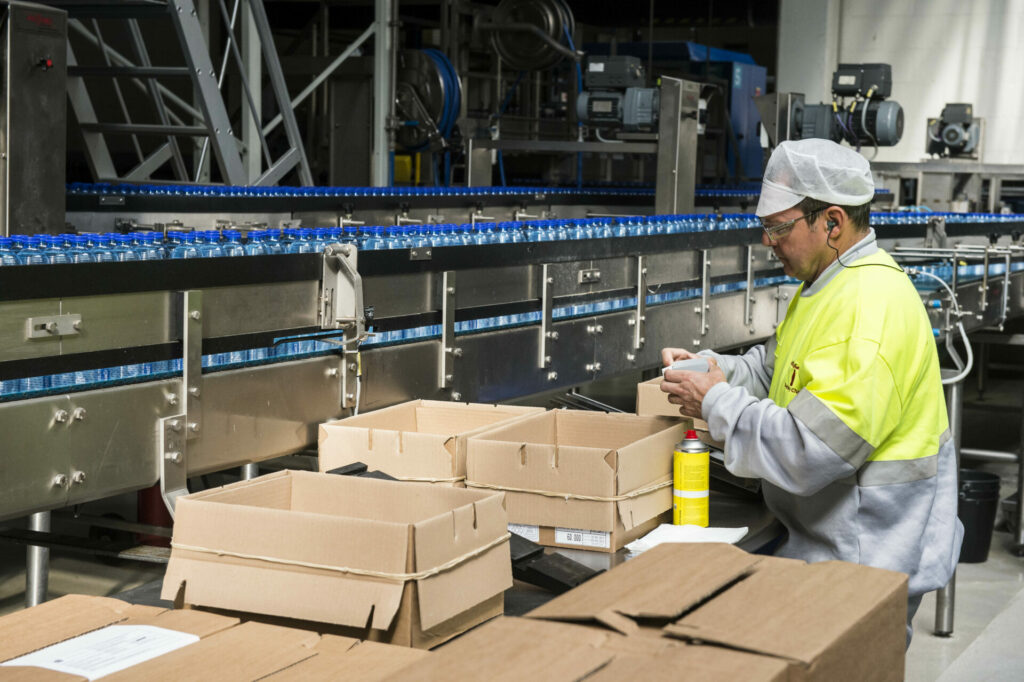People receiving a living wage in Flanders will be obliged to register with the Flemish Employment Service (VDAB) from the start of next year or risk being sanctioned.
The measure was announced earlier this year with the aim of getting more welfare recipients into jobs. The Flemish government has now confirmed that from March 2024 recipients will have to register as job seekers with the VDAB.
"If we want to move faster and stronger towards an 80% employment rate, we need to encourage new groups to take the step to work, people receiving a living wage being one of them," said Flemish Minister of Work Jo Brouns.
Anyone of working age (between 18 and 65 years) must register with the VDAB within four months of being granted a living wage or a living wage equivalent unless they have a good reason that prevents them from working. People already receiving a living wage have three months to put their registration in order.
Increasing chances of employment
Of all people receiving a living wage, only one in five finds work after a year. Yet for those who receive a living wage and do register with the VDAB, this rises to two in five.
"We see that registering with VDAB increases the chances of employment for those receiving a living wage. Support from VDAB therefore makes a difference," Brouns added.
Local authorities already must register living wage recipients with the employment service but in practice this is not done to the same extent across the region. The Flemish government has therefore decided to make it a mandatory requirement and the VDAB will work closely with the social services in the region (OCMW) to ensure the measure is properly implemented.
Related News
- What are 'titres-services' and why do we need them?
- Indexing rents and saving rates: What changed in Belgium on 1 November?
The VDAB itself will not be able to impose sanctions but it can transfer the files to the social services with a view to sanctioning them.
According to VDAB chief Wim Adriaens, 8,000 living wage recipients have registered with VDAB this year.
"The next step is to guide them to work, although we see that this is far from obvious. A lot of living wage recipients often struggle with various thresholds such as a lack of housing or childcare, welfare problems or poverty," said Adriaens. "Together with the OCMWs, we can eliminate these thresholds."

